The rising sun tattoo is a topic of great debate due to its controversial meaning and deep symbolism. Particularly in Asian countries like Korea, the tattoo is seen as a symbol of Japan’s imperialistic past and is considered offensive by many. The rising sun flag, which was used by the Imperial Japanese army during World War II, is closely associated with Japan’s wartime atrocities and its colonial rule. Individuals who choose to get a rising sun tattoo, like popular TikTok star Bella Poarch, often face backlash and accusations of racism. Japan’s continued use of the rising sun flag is criticized as a refusal to acknowledge its imperialistic history.
Key Takeaways:
- The rising sun tattoo has a controversial meaning, particularly in Asian countries like Korea.
- The rising sun flag is associated with Japan’s imperialistic past and its wartime atrocities.
- Bella Poarch faced backlash for her rising sun tattoo, leading to a discussion about cultural insensitivity.
- The rising sun flag is often compared to the Nazi swastika.
- Japan’s use of the rising sun flag has been criticized for its refusal to acknowledge its imperialistic history.
Exploring the Symbolism of the Rising Sun Tattoo
The rising sun tattoo holds significant symbolism in various cultures and can be interpreted in multiple ways. As a timeless and universal symbol, the sun represents warmth, light, and life. It is often associated with renewal, rebirth, and new beginnings, making it a popular choice for those seeking a design that embodies positive energy and personal growth.
In many ancient civilizations, the sun was worshipped as a deity, revered for its life-giving properties. The rising sun, specifically, symbolizes the start of a new day, signaling the opportunity for fresh starts and the chance to leave the past behind. This symbolism resonates with individuals looking to embrace change, overcome adversity, and embark on a journey of self-discovery.
Furthermore, the rising sun tattoo design can incorporate various elements that add depth and significance to its meaning. For example, the inclusion of cherry blossoms can symbolize the transient nature of life, while waves can represent the ebb and flow of emotions. The intricate design and attention to detail make it a visually appealing choice, capturing the attention of both the wearer and onlookers.
| Rising Sun Tattoo Meanings |
|---|
| Renewal and new beginnings |
| Spiritual enlightenment |
| Strength and resilience |
| Connection to nature |
| Symbol of personal growth |
In conclusion, the rising sun tattoo design holds diverse cultural and personal meanings. It can serve as a powerful symbol of overcoming challenges, embracing change, and starting anew. Its symbolism resonates with individuals seeking a design that represents their journey of personal growth and resilience. Despite the controversy surrounding its historical context, many still find the rising sun tattoo design to be a beautiful and meaningful choice.
The Rising Sun Tattoo Meaning in Japanese Culture
In Japanese culture, the rising sun tattoo has deep-rooted meanings and is considered a traditional symbol. It represents the beauty, power, and energy of the sun, which holds great significance in the country’s history and mythology. The rising sun is associated with the cycle of life, representing new beginnings, rebirth, and the start of a new day. It is a symbol of hope, resilience, and the ability to overcome challenges.
The rising sun tattoo can also be linked to Japan’s rich cultural heritage and its connection to nature. Many traditional Japanese tattoos depict the rising sun alongside other natural elements such as cherry blossoms, waves, or Mount Fuji. These elements symbolize harmony, balance, and the ephemeral nature of life. The intricate design of a traditional Japanese rising sun tattoo reflects the attention to detail and craftsmanship that have been valued in Japanese art for centuries.
The Symbolism of the Rising Sun
Throughout history, the rising sun has been a symbol of power and strength in Japanese culture. It evokes feelings of courage, determination, and the warrior spirit. In ancient times, the sun god Amaterasu was believed to be the ancestor of the Japanese imperial family, further emphasizing the importance of the rising sun as a symbol of national identity and pride.
However, it is important to note that the rising sun tattoo can also carry negative connotations due to its association with Japan’s militarism and colonial rule during World War II. The rising sun flag, which features the sun with rays extending outward, was used by the Imperial Japanese army and is reminiscent of Japan’s wartime atrocities. The flag is still controversial today, as it is seen by many as a symbol of Japanese militarism and a painful reminder of the country’s imperialistic past.
In conclusion, the rising sun tattoo holds a complex and multi-layered meaning in Japanese culture. While it represents tradition, beauty, and the cycle of life, its association with Japan’s imperialistic past and wartime atrocities cannot be ignored. It is essential to approach the rising sun tattoo with cultural sensitivity and respect, understanding the historical context and the diverse interpretations it carries.
| Key Points: |
|---|
| The rising sun tattoo has deep-rooted meanings in Japanese culture |
| It symbolizes the beauty, power, and energy of the sun |
| In Japanese mythology, the rising sun is associated with new beginnings and the cycle of life |
| The rising sun tattoo can be linked to Japan’s rich cultural heritage and its connection to nature |
| It carries both positive and negative connotations due to Japan’s imperialistic past and wartime atrocities |
The Rising Sun Tattoo and Its Controversy
The rising sun tattoo has sparked controversy due to its association with Japan’s imperialistic past and has drawn criticism from many individuals, including Korean communities. The rising sun flag, which features a red sun with rays extending outward, was used by the Imperial Japanese army during World War II and is reminiscent of Japan’s wartime atrocities. It is seen as a symbol of Japanese militarism and colonial rule, particularly in Asian countries.
Bella Poarch, a popular TikTok star, faced backlash for getting a rising sun tattoo on her arm. Many people considered the tattoo offensive and racist, as it symbolized Japan’s imperialistic past and the pain it caused for many Asian countries, including Korea. Bella later apologized for her tattoo, claiming ignorance of its history and expressing her love for Korea. Her apology sparked a larger conversation about cultural insensitivity and the importance of understanding the symbolism behind tattoos.
The rising sun flag has also been compared to the Nazi swastika, as both symbols represent nations with problematic histories. Japan’s continued use of the rising sun flag is criticized as a refusal to fully acknowledge its imperialistic past and the harm caused by its actions. The controversy surrounding the rising sun tattoo highlights the importance of educating oneself about the historical and cultural implications of tattoo designs, and the responsibility that comes with choosing such symbols.
| Controversial Rising Sun Tattoo Symbolism | Offensive Rising Sun Tattoo | Bella Poarch’s Apology |
|---|---|---|
| The rising sun tattoo is controversial due to its association with Japan’s imperialistic past. | Many individuals, especially in Asian countries, find the rising sun tattoo offensive. | Bella Poarch apologized for her rising sun tattoo, expressing her ignorance of its history and love for Korea. |
| The rising sun flag represents Japan’s militarism and colonial rule during World War II. | It is seen as a symbol of Japan’s wartime atrocities and its impact on Asian countries. | Her apology sparked a conversation about cultural insensitivity and the importance of understanding tattoo symbolism. |
| The rising sun flag is compared to the Nazi swastika due to their representations of problematic histories. | Japan’s use of the rising sun flag is criticized for not fully acknowledging its imperialistic past. | Education about historical and cultural implications is essential when choosing tattoo symbols. |
Historical Context of the Rising Sun Tattoo
To fully grasp the controversial nature of the rising sun tattoo, it is essential to understand the historical context of Japan’s militarism and colonial rule. The rising sun symbol, often depicted in the form of the rising sun flag, holds deep significance in Japanese history and carries with it complex connotations.
During World War II, Japan’s imperialistic ambitions led to a period of intense militarism and colonization. The rising sun flag, which prominently featured a red sun on a white background, was used by the Imperial Japanese army as a symbol of their military might. However, this flag also became synonymous with Japan’s wartime atrocities and their brutal colonial rule.
| Key Facts: | Historical Context of Japanese Militarism and Colonial Rule |
|---|---|
| Rising Sun Flag | Symbol of Japan’s military during World War II |
| Offensive Nature | Associated with Japan’s wartime atrocities and colonization |
| Comparisons to the Nazi Swastika | Highlighted as a symbol of Japanese militarism and colonial rule |
| Criticism of Japan’s Refusal to Acknowledge Imperialistic Past | Continued use of the rising sun flag seen as a denial of history |
The rising sun flag and its associations with Japan’s imperialistic past have caused deep wounds in countries like Korea that suffered under Japanese colonization. The flag’s use is banned in certain places, and it is widely regarded as offensive by those who remember the atrocities committed during that period.
When considering the rising sun tattoo, it is crucial to acknowledge the historical context in which it originated. While some individuals may view it as a symbol of new beginnings or personal growth, it is important to be aware of the deep-rooted controversy and the pain it can evoke for those who have experienced the consequences of Japan’s militarism and colonial rule.

Bella Poarch’s Rising Sun Tattoo Controversy
TikTok star Bella Poarch faced intense criticism and backlash for her rising sun tattoo, leading to a public apology and a broader conversation about cultural sensitivity. The rising sun tattoo, featuring Japan’s imperialistic symbol, is considered offensive by many, particularly in Asian countries like Korea. The tattoo’s association with Japan’s wartime atrocities and colonial rule during World War II has sparked controversy, with some comparing it to the Nazi swastika.
In the case of Bella Poarch, her rising sun tattoo caused outrage among Korean fans who viewed it as disrespectful and ignorant of Japan’s history. After receiving backlash, Bella issued a public apology, explaining that she was unaware of the tattoo’s historical context. She expressed her love for Korea and emphasized her intention to learn from her mistake and be more culturally sensitive in the future.
This controversy surrounding Bella Poarch’s rising sun tattoo has sparked a larger conversation about cultural appropriation and the importance of understanding the symbolism behind certain tattoos. It serves as a reminder that tattoos can carry deep meanings that may be offensive or hurtful to certain cultures or communities.
The rising sun tattoo controversy highlights the need for individuals to educate themselves about the historical and cultural significance of tattoos before getting inked. It also underscores the importance of open dialogue and respectful conversations when addressing issues of cultural sensitivity.

Comparing the Rising Sun Symbol to the Nazi Swastika
The rising sun flag has drawn comparisons to the Nazi swastika due to its association with Japanese militarism and its reminders of Japan’s wartime atrocities. Just like the swastika, the rising sun flag is seen as a symbol of Japan’s imperialistic past, evoking painful memories and representing a regime responsible for horrific acts.
During World War II, the Imperial Japanese army used the rising sun flag as a potent symbol of their military might. This flag is closely tied to Japan’s actions during the war, which included brutal invasions, mass killings, and forced labor. The flag, with its red sunburst against a white background, became synonymous with Japan’s wartime aggression.
Many argue that the rising sun flag is a stark reminder of Japan’s militaristic past and its refusal to fully acknowledge its imperialistic actions. Similar to the Nazi swastika, the flag has become a contentious symbol, representing a dark chapter in history. Some believe that Japan’s continued use of the rising sun flag perpetuates a culture of denial and fails to address the atrocities committed during its colonial rule.
| Comparison | Rising Sun Flag | Nazi Swastika |
|---|---|---|
| Association | Japanese militarism and wartime atrocities | German Nazi regime and Holocaust |
| Historical Context | Imperial Japan during World War II | German Third Reich in the 1930s and 1940s |
| Controversy | Seen as offensive and a symbol of Japan’s imperialistic past | Universally condemned for its association with genocide and hate |
The comparison between the rising sun flag and the Nazi swastika serves as a reminder of the devastating consequences of unchecked militarism and imperialism. It highlights the importance of acknowledging and learning from history so that similar atrocities are not repeated in the future.
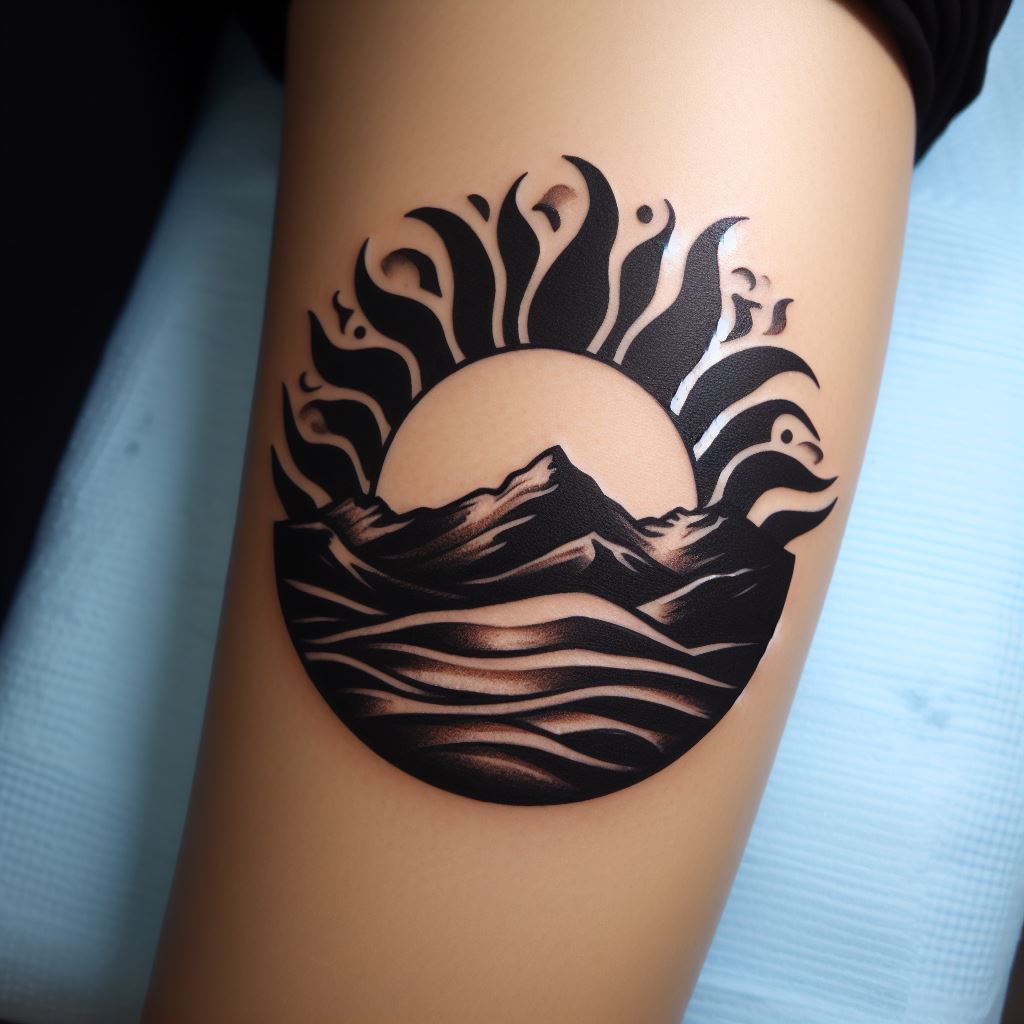
The Rising Sun Tattoo as a Symbol of New Beginnings
In addition to its controversial connotations, the rising sun tattoo holds positive symbolism, signifying new beginnings and the start of a new day. The design of the rising sun, with its vibrant colors and powerful imagery, represents the cycle of life and personal growth. It serves as a reminder that every day is an opportunity for a fresh start and a chance to embrace new possibilities.
Just as the sun rises each morning, the rising sun tattoo embodies the idea of renewal and transformation. It symbolizes the courage to leave the past behind and step into a brighter future. The design may incorporate elements such as cherry blossoms, which further emphasize the fleeting nature of life and the importance of seizing the present moment.
For those seeking a tattoo with deep meaning and symbolism, the rising sun design is sure to make a powerful statement. With its intricate details and rich cultural significance, it resonates with individuals who are looking to embrace change and embark on a journey of self-discovery. The rising sun tattoo is an important symbol for those who believe in the power of new beginnings and the transformative potential of each day.
| Benefits of the Rising Sun Tattoo as a Symbol of New Beginnings |
|---|
| The design represents the cycle of life and personal growth |
| It serves as a reminder to embrace new possibilities |
| The tattoo symbolizes the courage to leave the past behind |
| It embodies the idea of renewal and transformation |
| The rising sun design can incorporate elements such as cherry blossoms, which further emphasize the fleeting nature of life and the importance of seizing the present moment |
The rising sun tattoo holds both controversial and positive meanings. While it is important to acknowledge its association with Japan’s imperialistic past and the offense it may cause to certain cultures, it is equally vital to recognize its symbolic representation of new beginnings. The rising sun tattoo encapsulates the beauty of starting afresh, embracing personal growth, and seizing each day as an opportunity for change. Ultimately, the decision to get a rising sun tattoo should be approached with cultural sensitivity and a deep understanding of its historical implications.
Rising Sun Tattoo Designs and Interpretations
Rising sun tattoo designs offer a wide range of possibilities, with each design carrying its own unique and meaningful interpretation. The rising sun symbolizes new beginnings, the start of a new day, and the cycle of life. Many people choose this design as a way to symbolize personal growth, transformation, and overcoming challenges.
One popular interpretation of the rising sun tattoo is its representation of courage and strength. The design resonates with individuals who want to make a bold statement and showcase their inner resilience. The intricate design of the rising sun tattoo can be combined with elements such as cherry blossoms, which hold significant meaning in Japanese culture, further enhancing its symbolic power.
The rising sun tattoo is seen as an important symbol in the tattoo community, often serving as a powerful and visually striking design. Its popularity can be attributed to its bold and visually appealing aesthetics, as well as its deeper meaning. The design represents not only the rising sun itself but also the hope and promise of a brighter future.
Whether you’re looking for a powerful symbol of courage and strength or a design that represents personal growth and new beginnings, a rising sun tattoo is sure to make a statement. The intricate details and vibrant colors of this design make it a popular choice among tattoo enthusiasts.
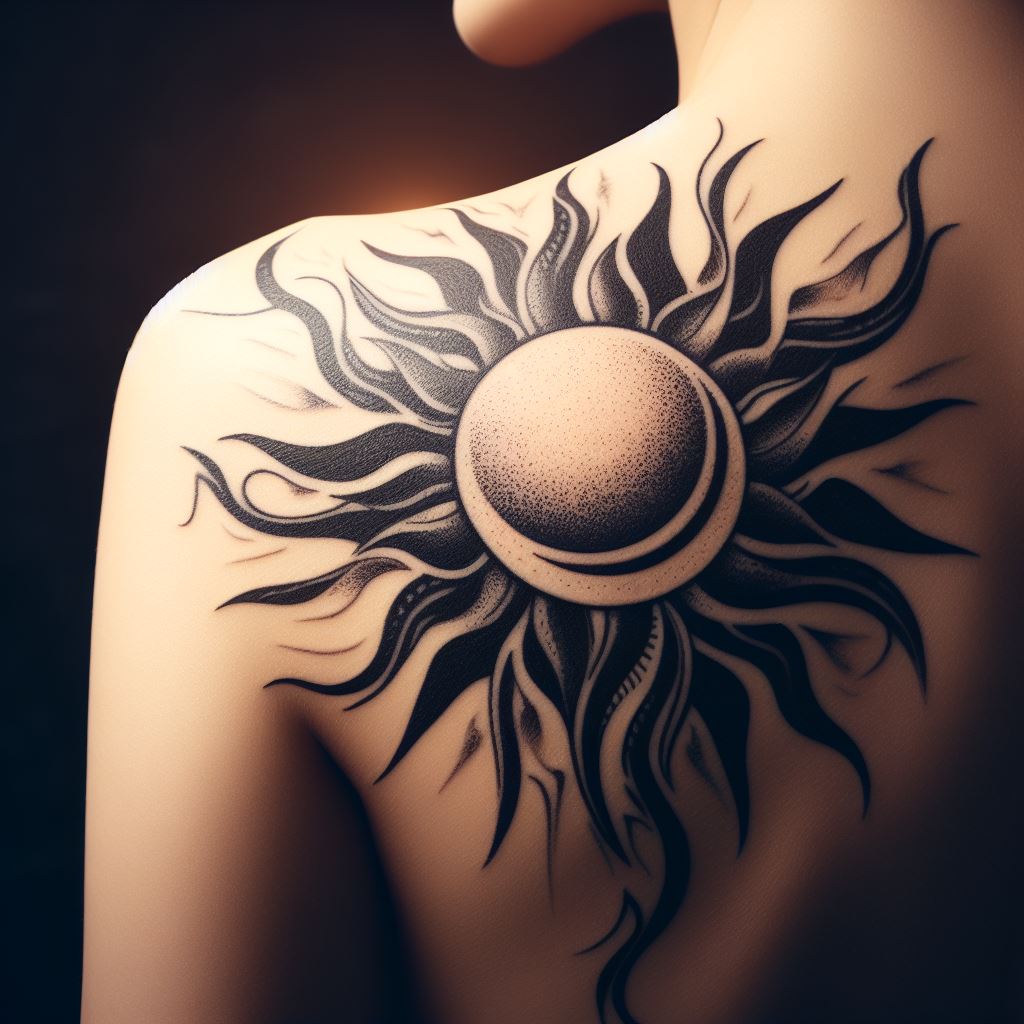
Sun Tattoos as a Popular Choice
Sun tattoos, including the rising sun design, have become increasingly popular choices for those seeking a unique and meaningful tattoo design. The sun tattoo represents various symbolic meanings and appeals to people who want to embody qualities such as warmth, light, and positivity.
One of the reasons sun tattoos are often chosen is because they can serve as a powerful symbol of new beginnings. The rising sun design, in particular, represents the start of a new day and the cycle of life. It is often associated with personal growth and transformation, making it an attractive choice for individuals who are embarking on a new chapter in their lives.
Incorporating elements such as cherry blossoms into the design can add depth and significance, as cherry blossoms symbolize beauty, renewal, and the transient nature of life. The intricate design of a rising sun tattoo can make it a visually stunning and captivating choice.
| Key Points | Supporting Details |
|---|---|
| Sun tattoos are often chosen for their symbolic meanings. | – Represents warmth, light, and positivity – Symbolizes new beginnings and personal growth – Incorporating cherry blossoms adds depth – Visually captivating designs |
| The rising sun design is particularly popular. | – Represents the start of a new day and the cycle of life – Associated with transformation and renewal – Attractive choice for those embarking on a new chapter |
| Cherry blossoms add significance to the design. | – Symbolize beauty, renewal, and the transient nature of life – Enhance the meaning behind the rising sun tattoo – Add visual appeal to the overall design |
Despite the rising popularity of sun tattoos, it’s important to acknowledge the historical context and controversy surrounding the rising sun symbol, especially in Asian countries like Korea. The rising sun flag, associated with Japan’s imperialistic past and wartime atrocities during World War II, is deemed offensive by many. The use of the rising sun tattoo, particularly the traditional Japanese rising sun design, can be seen as a display of insensitivity towards those affected by Japan’s colonialism and militarism.
In conclusion, while sun tattoos, including the rising sun design, have gained popularity as unique and meaningful choices, it is crucial to understand and respect the historical and cultural implications behind such symbols. It is always recommended to research and consult with a knowledgeable tattoo artist to ensure that the chosen design aligns with personal values and does not perpetuate unintentional offense to others.
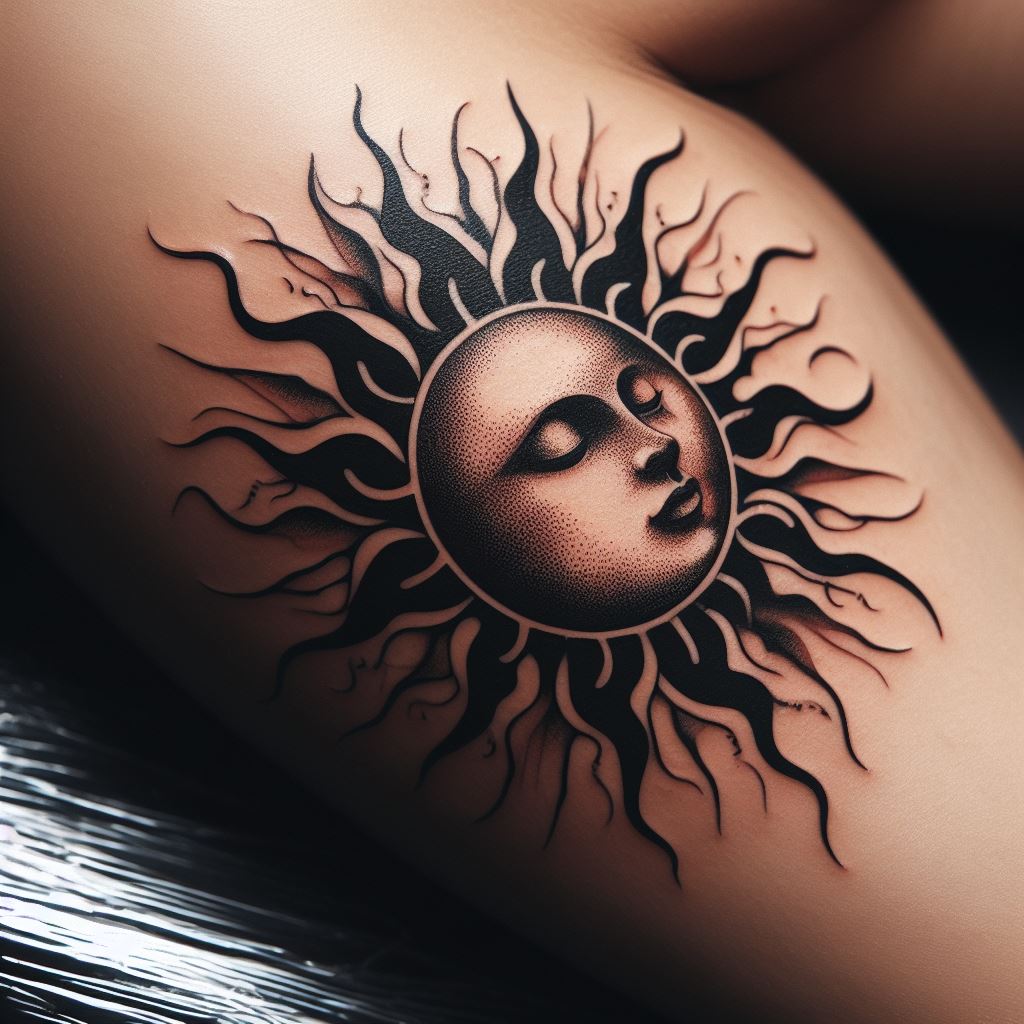
The Rising Sun Tattoo: Courage and Strength
The rising sun tattoo is often selected as a symbol of courage and strength, making a bold statement about the wearer. This powerful design represents the inherent bravery and resilience of an individual, reflecting their ability to overcome challenges and face adversity head-on. The rising sun tattoo is visually striking, with its vibrant colors and intricate design, capturing attention and serving as a constant reminder of one’s inner strength.
With its roots in Japanese culture, the rising sun tattoo carries deep meanings behind its bold appearance. It symbolizes the unwavering courage to rise above circumstances, greeting each day with determination and optimism. Like the rising sun itself, this tattoo design signifies new beginnings, a fresh start, and the ability to overcome darkness. It serves as a constant reminder to embrace change, embrace growth, and strive for personal development.
Many individuals choose the rising sun tattoo as a way to express their inner strength and resilience. It is a powerful symbol that represents the indomitable spirit, offering inspiration and motivation to face life’s challenges with courage and determination. The rising sun tattoo serves as a testament to one’s ability to rise above adversity and make a bold statement about their character.
Conclusion
The rising sun tattoo is a complex symbol with deep-rooted meanings, controversy, and significant cultural implications. Particularly in Asian countries like Korea, it is seen as a symbol of Japan’s imperialistic past and is deemed offensive by many. The rising sun flag, used by the Imperial Japanese army during World War II, is reminiscent of Japan’s wartime atrocities and is often compared to the Nazi swastika.
One notable controversy surrounding the rising sun tattoo involved Bella Poarch, a popular TikTok star, who faced backlash for getting the tattoo. Many considered it racist and offensive due to its association with Japan’s militarism and colonial rule. Bella later apologized, claiming ignorance of the tattoo’s history and expressing her love for Korea.
Despite the controversy, the rising sun tattoo can also be seen as a symbol of new beginnings, courage, and strength. It represents the start of a new day, the cycle of life, and personal growth. The design offers a unique and powerful statement for those who choose to adorn it.
However, it is crucial to acknowledge the historical context and cultural sensitivity when considering a rising sun tattoo. Japan’s continued use of the rising sun flag is often criticized as a refusal to acknowledge its imperialistic past, further fueling the controversy surrounding the symbol.
FAQ
What does the rising sun tattoo symbolize?
The rising sun tattoo symbolizes different things in different cultures. In Japanese culture, it is associated with tradition and new beginnings. However, it is important to note that the rising sun tattoo, particularly the rising sun flag, also carries controversial connotations linked to Japan’s imperialistic past.
Why is the rising sun tattoo controversial?
The rising sun tattoo is controversial, especially in Asian countries like Korea, due to its connection to Japan’s imperialistic past and wartime atrocities. The rising sun flag, used by the Imperial Japanese army, is reminiscent of Japan’s military rule and colonialism. Many individuals find the tattoo offensive and see it as a refusal to acknowledge Japan’s historical actions.
Did Bella Poarch receive backlash for her rising sun tattoo?
Yes, Bella Poarch, a popular TikTok star, faced backlash for getting a rising sun tattoo. Many people considered it racist and offensive. Bella apologized for the tattoo, claiming ignorance of its history, and expressed her love for Korea.
Is the rising sun tattoo comparable to the Nazi swastika?
The rising sun flag is sometimes compared to the Nazi swastika due to its association with Japanese militarism and colonial rule. However, it is important to note that the contexts and histories of these symbols are different.
Can the rising sun tattoo also represent new beginnings?
Yes, the rising sun tattoo can symbolize new beginnings and the start of a new day. It is often seen as a powerful symbol representing the cycle of life and personal growth.
Are there different designs and interpretations of the rising sun tattoo?
Yes, there are various designs and interpretations of the rising sun tattoo. Some incorporate elements such as cherry blossoms or feature intricate designs. Each design can carry its own significance and meaning.
Why do people choose to get sun tattoos?
Sun tattoos, including the rising sun design, are popular choices for individuals who want symbolism, a beautiful design, and a unique and meaningful tattoo. The rising sun design can also serve as a powerful statement for those seeking courage and strength.
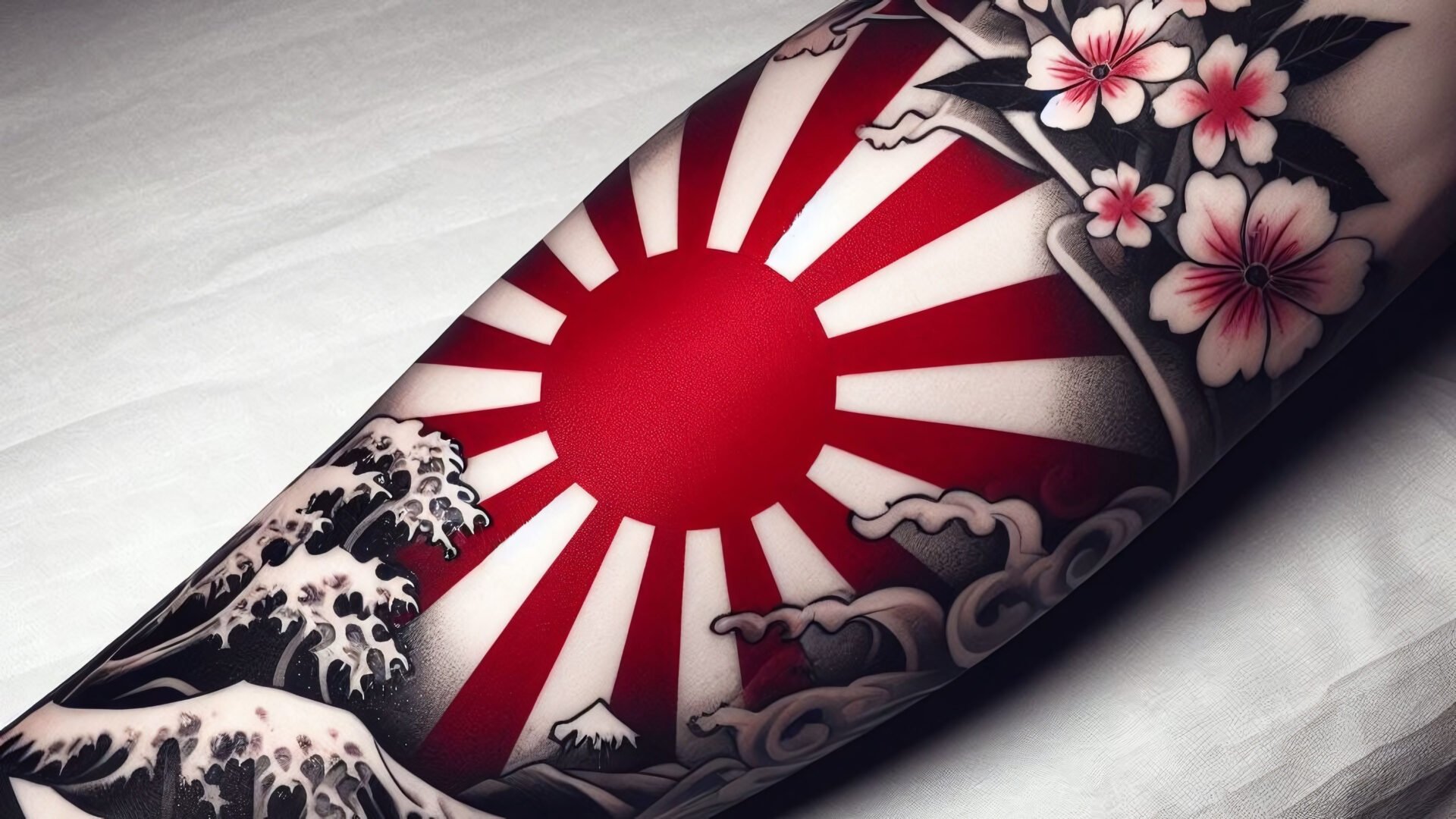





Leave a Reply